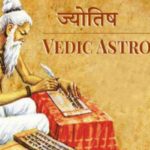There have been constant changes in the way Vedic astrology has been presented and conveyed. Astrology has seen many stages of evolution, but the essentials of Vedic astrology has never been modified. They are the foundations of our ancient astrology and they stand deeply rooted in the history of India.

Vedic Astrology is more than 5000 years old. The sages from the times of Mesopotamia and the Indus Valley civilization were curious about the skies and the hidden mysteries in it. They observed stars and saw that they constantly change their position and form. Their head was always held high and they would ponder on the moving bodies that were more significant than the stars. Later, these moving bodies were declared as planets. They wriggled their minds to establish a connection between stars, planets and human life. Hence, astrology came into being.
The Essentials of Vedic Astrology
Vedic Astrology is based on four basic elements which constitute the earth. These elements are Earth, Water, Air, and Fire. Vedas have described these elements as the fundamentals of the human body as well as the environment. The fire gives life to our body. Our energy, mental stamina, enthusiasm, passion, and spirit are all products of the fire. It also refers to the process of digestion and absorption, through which the body runs. The water refers to the water composition of our body. 70% of our body is water. Air is the basic element which gives life to all living bodies on earth. Earth is the body. According to Vedas a human body is part of Earth(the soil) and will mix with it one day(on death).
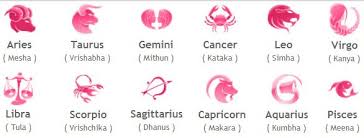
Each of these elements is present in 12 signs of Vedic Astrology. These are Mesha (Aries), Vrishabha (Taurus), Mithun (Gemini), Karka (Cancer), Simha / Sinh (Leo), Kanya (Virgo), Tula (Libra), Vruschika (Scorpius), Dhanu (Sagittarius), Makar (Capricorn), Kumbha (Aquarius), Meena (Pisces). Fire rules Aries, Leo, and Sagittarius. Earth controls Taurus, Virgo, and Capricorn, Air governs Gemini, Libra, and Aquarius, and Cancer, Scorpio, and Pisces have water as their element.
The Significance of Moon in Vedic Astrology

Contrary to western astrology where the sun is the central planet and the sun signs are considered the main factor for human personality, the moon in Vedic astrology is more important. The moon
Aspects In Vedic Astrology
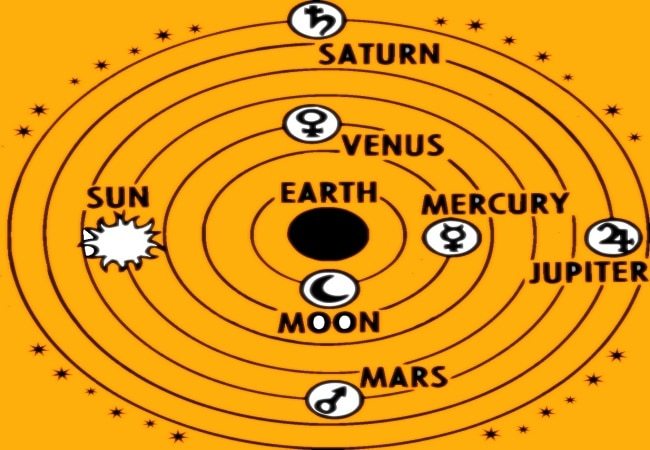
The angles between the different planets in a Vedic birth chart is known as aspects. Aspects have a great effect on astrological readings. They can strengthen or weaken the influence of each planet. There are both favorable and unfavorable aspects. In addition, it happens occasionally that a planet can have a positive aspect with one or more planets and at the same time have unfavorable aspect with some other planet. A planet which is in an unfavorable aspect can have a negative impact on an individual’s life whereas the same planet in favorable aspect can have a positive influence.
Ascendant
As we know Earth is constantly rotating on its axis. Hence, planets and zodiac signs keep changing their position every two hours. In fact, a different zodiac sign faces the Earth every two hours. Hence, every sign comes on the Eastern horizon during its movement. The one which is at the Eastern horizon at your time of birth is your ascendant or rising sign. Therefore, absolute correct birth time is a must for correct birth readings.
Houses
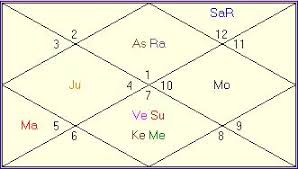
The most essential part of Vedic astrology is the division of a chart in the form of houses. In fact, all 12 houses of a birth chart are ruled by a particular sun sign. The sun signs dictate the characteristics of the house.
Aries= first house
Taurus= second house
Gemini= third house
Cancer= fourth house
Leo= fifth house
Virgo= sixth house
Libra= seventh house
Scorpio= eighth house
Sagittarius= ninth house
Capricorn= tenth house
Aquarius= eleventh house
Pisces= twelfth house
Qualities of A Professional Astrologer
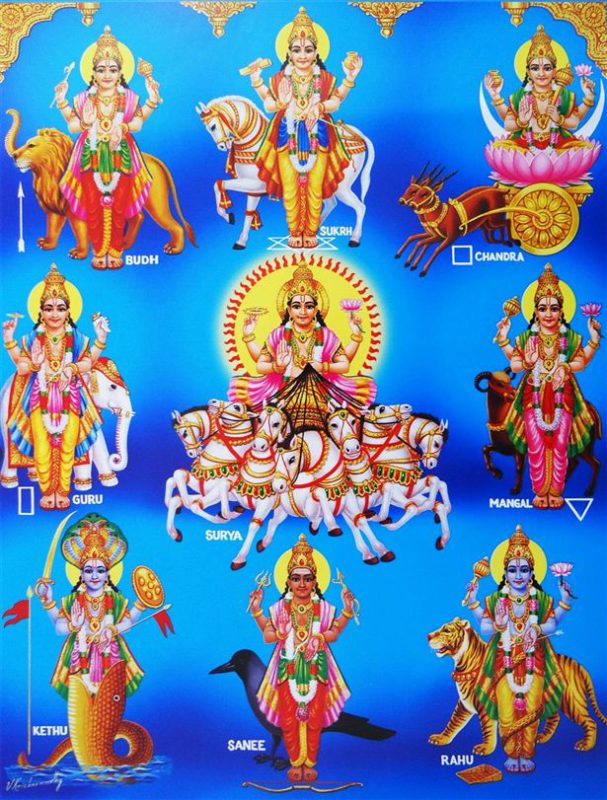
An astrologer has to concentrate on so many factors of Vedic astrology. Hence, he must have certain qualities. Qualities that are essentials of Vedic astrology experts or professionals are:
1) Technical Proficiency
2) Continual Practice
3) Jyotish Guru
4) Spiritual Practice
5) Ethical Orientation








